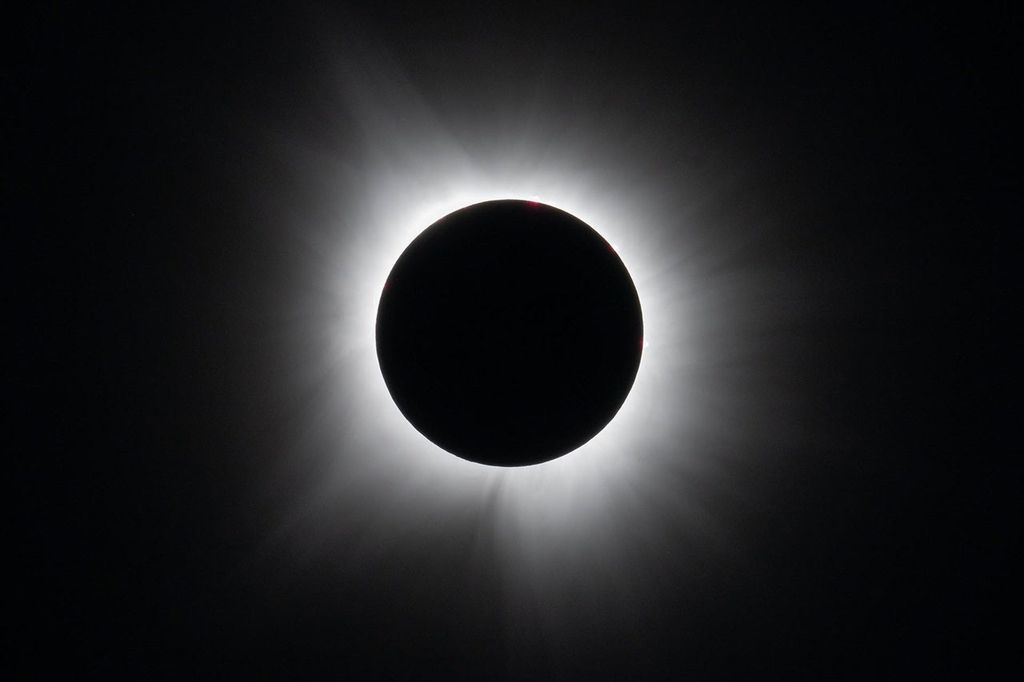NASA announces the award of two grants or cooperative agreements for exciting new Space Biology research that will advance NASA’s understanding of how robust multicellular organisms respond, acclimate, and adapt to the deep space environment in support of human space exploration.
Proposals for these projects were submitted in response to ROSES-2022 Program Element E.11: “Research Pathfinder for Beyond Low Earth Orbit Space Biology Investigations.” This opportunity solicited research projects involving either Drosophila (fruit flies), or nematodes (round worms), that could be accommodated as payloads on the Orion Spacecraft as part of the Artemis II Mission. This mission will last 10 days, during which the Orion Spacecraft will make two orbits around Earth before transiting to lunar orbit and then returning to Earth. The model organisms that make this journey will be exposed to multiple stressors encountered during deep space exploration, including microgravity and cosmic radiation. Understanding their physiological responses to these stressors will be critical in helping scientists understand the measures that are needed to enable complex organisms to thrive in deep space.
One selected study will be executed as a flight experiment and will work to characterize the impact that deep space stressors have on multiple generations of Drosophila. This investigation will determine how the stressors affect this organism at the cellular level, as well as characterize how cellular changes impact overall health by studying a collection of organ systems such as the brain, heart, and muscle. While it is the program’s intention that this selected project will fly as a payload on the Orion Space Capsule, NASA is still in the process of making an official determination of what science experiments can be accommodated on the Artemis II mission for the Space Biology Program. In the event that this study cannot be flown on the Orion Spacecraft, it will instead be manifested to fly on the International Space Station.
The other selected study will be executed as a ground study to develop the capability to culture and fix C. elegans in an automated fashion for a future flight study beyond LEO. The study will also characterize how ionizing radiation like the types encountered during deep space exploration impact the molecular and cellular biology of this organism, while also exploring ways to mitigate the adverse effects resulting from radiation exposure.
Two investigator teams will conduct these Space Biology investigations in two states. When fully implemented, about $1.5 million will be awarded in fiscal years 2024-2027.
Janani Iyer, Ph.D. Universities Space Research Association; Washington DC.
Neurological, cardiac, and muscular consequences of the deep space environment in Drosophila melanogaster
Timothy Hammond, Ph.D. Institute For Medical Research, Inc.; Durham, North Carolina.
Protection from cosmic radiation.
























